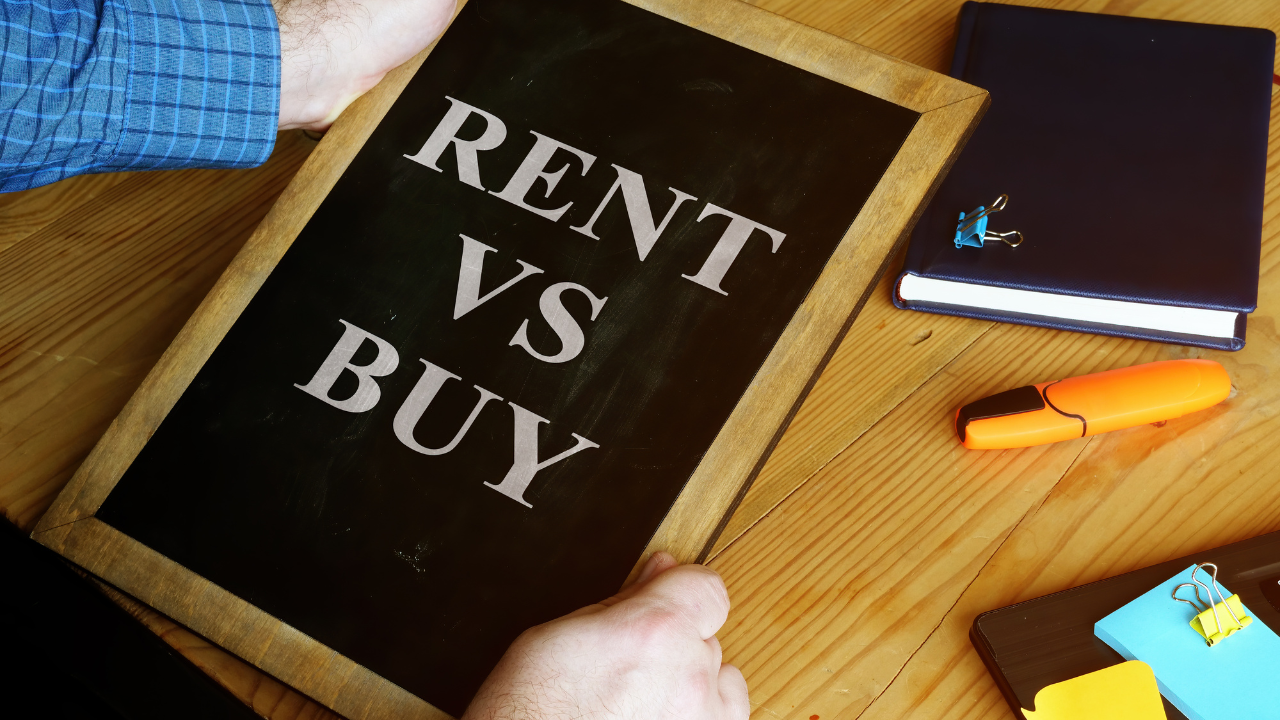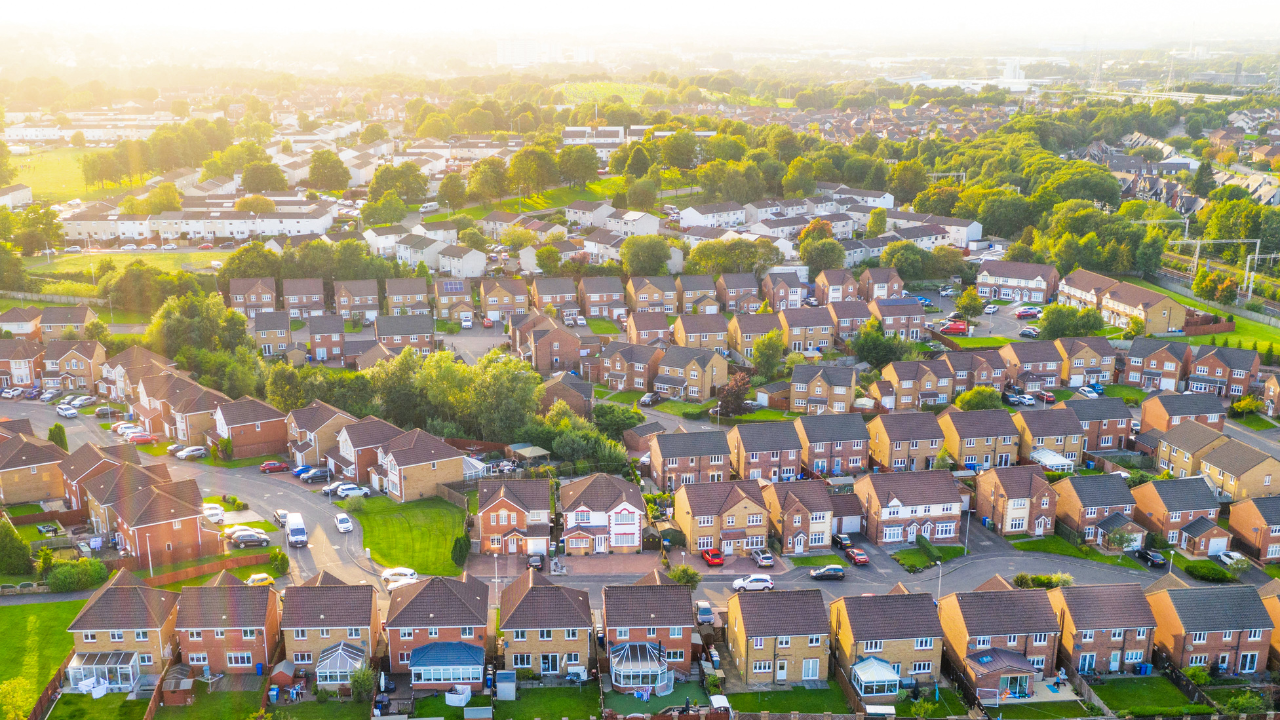Renting vs. Buying: Which Is Right for You Right Now?
Marilyn Archer • July 23, 2025
The Big Question Every Renter Faces

At some point, almost every renter asks: “Should I keep renting, or is it time to buy a home?” It’s one of the biggest financial decisions you’ll ever make—and there’s no one-size-fits-all answer. The right choice depends on your lifestyle, finances, and future goals.
Let’s break down the pros and cons of renting and buying so you can decide what’s right for you right now.
📑1. The Advantages of Renting
- Flexibility: Ideal if you’re unsure about your long-term plans, expect to relocate for work, or simply value mobility.
- Fewer Responsibilities: No need to worry about repairs, maintenance, or property taxes.
- Lower Upfront Costs: Renting typically requires only a security deposit and first month’s rent, instead of a down payment.
- Access to Amenities: Many rentals include perks like gyms, pools, or concierge services you might not afford as a homeowner.
Best for: People prioritizing flexibility, lower commitment, or saving toward bigger goals.
📑2. The Disadvantages of Renting
- No Equity Building: Rent payments go to the landlord, not toward building your own wealth.
- Rising Rent Costs: Rent can increase every year, making it harder to budget long term.
- Limited Customization: You can’t always renovate, decorate freely, or make changes.
- Lack of Stability: You may have to move if the landlord sells or decides not to renew your lease.
📑3. The Advantages of Buying
- Equity & Wealth Building: Every mortgage payment builds ownership in your property.
- Stability: Fixed-rate mortgages keep your monthly housing cost predictable.
- Tax Benefits: Mortgage interest and property taxes are often deductible.
- Freedom & Control: Paint the walls, remodel the kitchen, or adopt three dogs—it’s your home.
Best for: People with financial stability and a desire to invest in long-term growth.
📑4. The Disadvantages of Buying
- Upfront Costs: Down payment, closing costs, inspections, and moving expenses add up.
- Maintenance & Repairs: Homeownership means you’re responsible for fixing that leaky roof or broken furnace.
- Less Flexibility: Selling a home is a bigger commitment than ending a lease.
- Market Risks: Home values can fluctuate based on the economy and location.
📑5. Questions to Ask Yourself Before Deciding
- How long do I plan to stay in this city?
- Do I have stable income and savings for upfront costs?
- Am I ready for the responsibilities of maintaining a home?
- Is my credit score strong enough for a favorable mortgage rate?
Rule of Thumb: If you plan to stay in the same area for at least 5+ years, buying often makes more financial sense than renting.
💡Recap
Renting and buying both have advantages—it’s not about which is “better,” but which is better for you right now. Renting gives you flexibility, while buying builds equity and stability.
Remember: Renting isn’t “wasted money”—it’s a stepping stone. But if homeownership is in your future, the choices you make while renting (budgeting, saving, building credit) will determine how quickly you get there.



